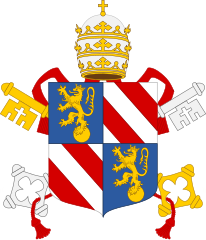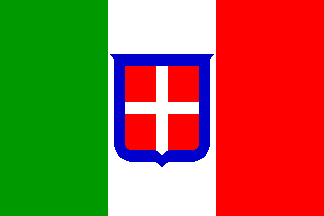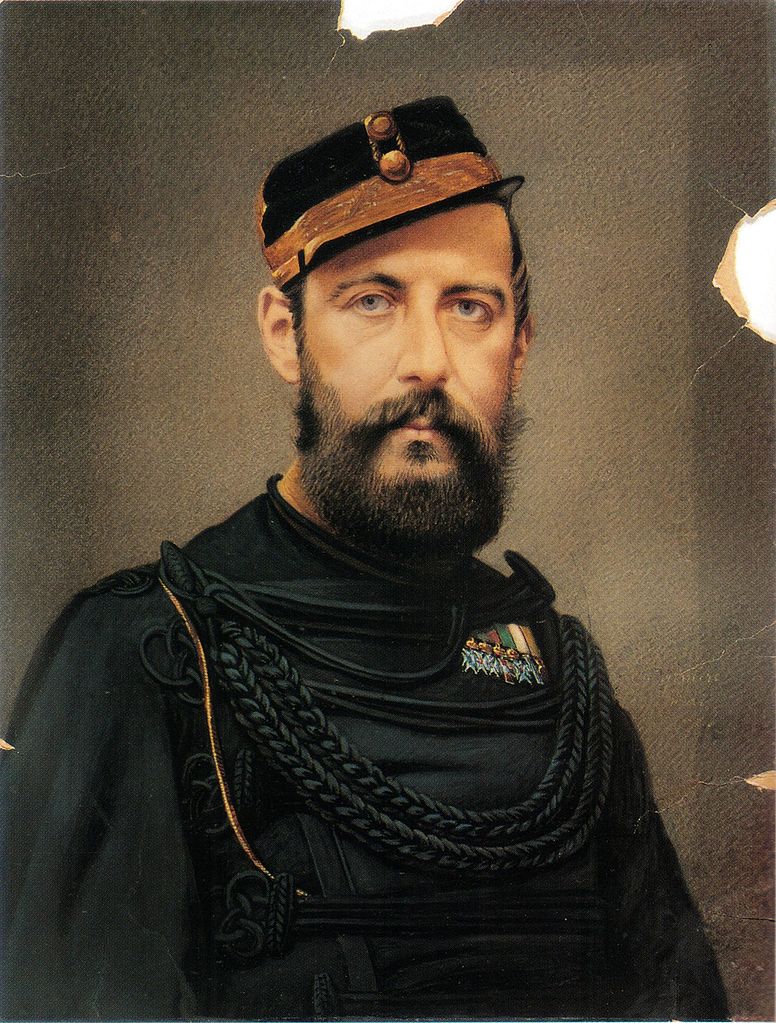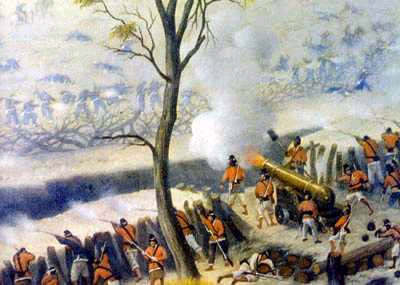
Peace in the Northern War seems upon us, at least that is headed towards reaching reality. There are still obstacles to a lasting peace being hopefully worked out and the treaty will hopefully see a good acceptance by the peoples of the involved nations.
Although instability, chaos, revolts and civilian deaths will deeply disturb the Imperial Family, the Empire of the French will not be taking any steps to censor the news nor prevent peaceful gatherings discussing ways to better the lives of the French. The army and police are tools against external dangers and criminals, not against peaceful civilians yearning to better their nations future for their children. Instability and chaos though will simply cause damage to the flow of goods in the Empire and slowing or stopping the flow of food will cause untold suffering.
The Imperial family, top advisers and the government will be meeting and have a series of serious discussions aimed to continue the steady and safe pace of reforms that France has followed recently. Important voices that are currently outside the inner circle will be brought in and changes will be made however in the short run to be certain the people are not having their voice unduly silenced or their lives restricted by government action. The Empire is not a block to good and safe reforms and the Imperial Family is instead able to help safely guide the people from outside threats as important ministers, appointed officials, elected officials and more domestic-minded citizens take part to help guide the Imperial Family inside the French Empire. Only through cooperation from the Imperial Family, the officers and men of the army and navy, the officials, the priests, the workers and indeed all citizens of the Empire can we advance and secure the causes of Liberty, Equality, and Brotherhood.
Napoleon III ~ Emperor of the French


















